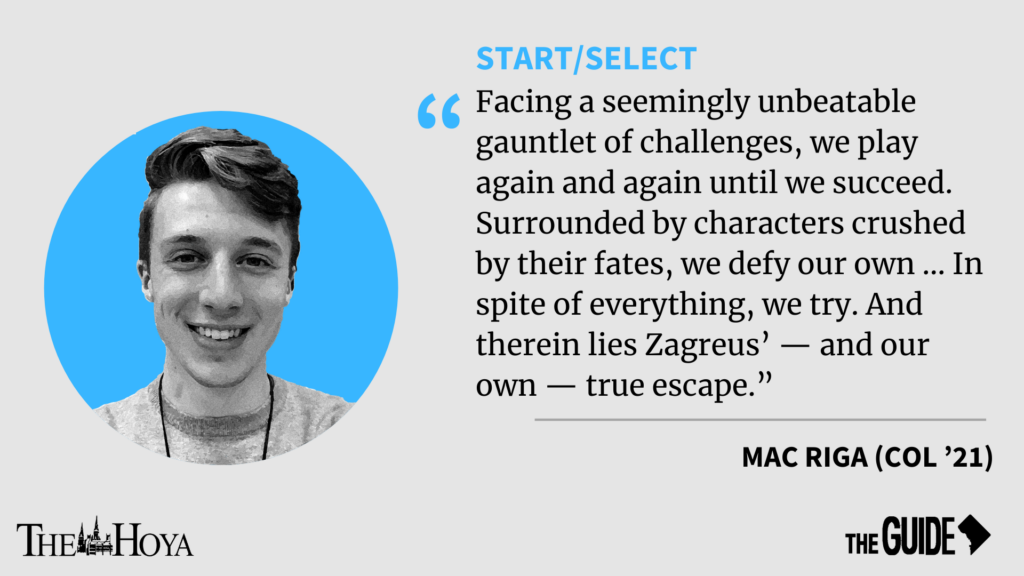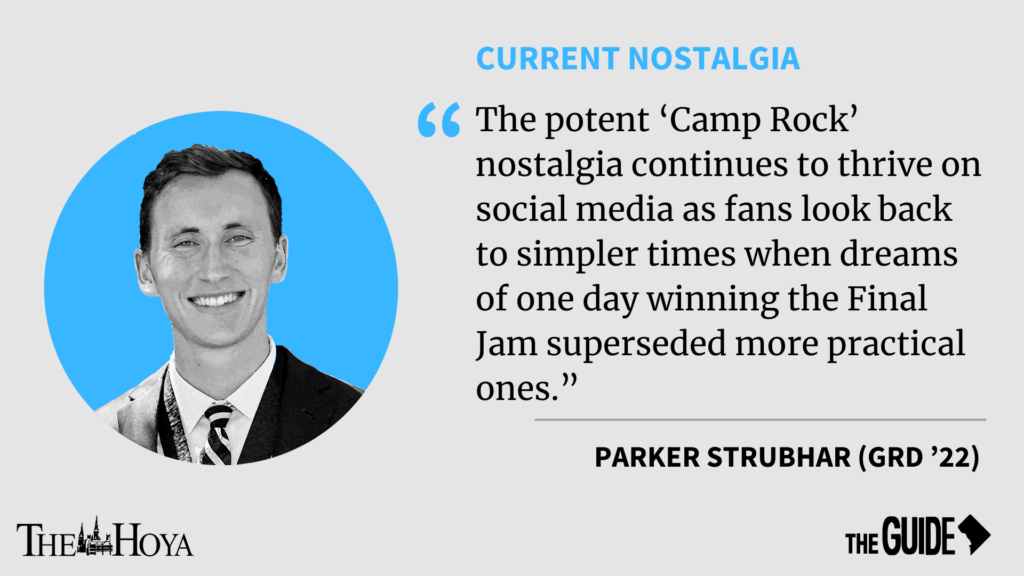The delay of the 2020 MLB season, slated to start in late March, and the indefinite suspension of nearly all other sporting events have left a glaring gap in the entertainment world. Fortunately, a wide array of films about the national pastime are available to fill the gap until the season eventually starts and to remind viewers of the United States’ enduring history and periods of upending social change.
The appeal of movies about baseball extends to a far larger population than just sports fanatics. With the films’ deep explorations of cultural history and celebrated traditions, you don’t have to be a baseball fan to be a baseball movie fan. Baseball genre films capture an idealized cultural spirit of the United States and dramatize the legends and heroes forged over decades of play on the field.
Baseball’s resonant connection with the past instills its movies with a uniquely cinematic quality. Invented by Abner Doubleday in 1839, baseball was the United States’ first major sport. Yet despite its long history, the sound and feel of the game have remained largely unchanged. A game of baseball today is pretty much played the same way it was during the Great Depression. Players wear similarly styled uniforms, follow many of the same rules and compete on some of the same fields.
The distinct American iconography of baseball translates particularly well to the screen. Ken Burns’ documentary “Baseball,” for example, expertly traces the development of the game decade-by-decade along defining themes. The static continuity of the gameplay itself is contrasted with the rise and fall of MLB dynasties, the breaking of long-standing records and players cycling in and out of the league over time.
The New York Yankees’ domination in the 1920s is juxtaposed with their identity crisis during the 1980s. Early stars like Honus Wagner and Christy Mathewson are compared to modern players like Mike Trout and Max Scherzer. Classic moments and legendary performances are frozen in time. Most importantly, Burns’ project spurs on debates larger than the game itself. His exploration of the impact of gambling, performance-enhancing drugs and contemporary obsessions with statistical analysis forms only the beginning of controversial discussions surrounding the sport.
The long history of the game makes the perfect backdrop for highlighting important social milestones. Films about baseball underscore the role the sport plays as a cultural institution, responsible for promoting values like equal opportunity and dedicated self-improvement.
“A League of Their Own” tells the story of women’s leagues popularized during World War II. Debates about gender roles in professional sports are supplemented with an unforgettable and classic Tom Hanks performance. “There’s no crying in baseball!” shouts Hanks in a classic line now all too familiar among little leagues across the country.
Beyond gender, the biopic “42” recounts the story of Jackie Robinson, the first Black player in the MLB, who broke the color barrier in 1946. Reflecting on social developments through the lens of baseball allows heroes like Robinson to emerge as role models for aspiring young players and the general public. These films go beyond the game itself by contemplating the trials and triumphs of historical progression.
The most personally relatable films of the baseball genre, however, are those which incorporate the game into a larger story about the struggles of everyday life. “The Sandlot,” for example, calls attention to themes about growing up and finding a place in the world, expressed through an endless string of iconic one-liners that afford the film its multigenerational popularity. If you haven’t experienced this childhood classic, well, all I’ve got to say to you is, “You’re killin’ me, Smalls.”
In a similar inspirational vein, the Oscar-nominated biographical drama “Moneyball” tells the unlikely story of the 2002 American League West Division Champion Oakland Athletics. Below the surface, however, the film is about the importance of family and overcoming the doubts and expectations that can sabotage even the most gifted talents.
“Field of Dreams” stands out among these feel-good films as one that directly deals with topics of existentialism and mortality. Though each of these films incorporates the game of baseball, they extend beyond the field by reflecting a shared theme of building a legacy in life. As the ghostly specter of Babe Ruth himself explains in “The Sandlot” to Benny “The Jet” Rodriguez: “Remember, kid, there’s heroes and there’s legends. Heroes get remembered, but legends never die.”
Though baseball and film are distinguished by their timelessness, the world is always in flux. The dichotomy of baseball films is that, while the game itself remains largely unchanged, the films also depict the powerful social developments that have occurred throughout American history.
The MLB and the film industry have evolved into massive commercial enterprises, but the same leather glove and traditional movie theater are still around. Baseball is a game of legacy that underscores the sobering reality that life goes on, and cinema captures this dynamic to compelling dramatic effect. Despite war, economic depression or worldwide pandemic, what the game stands for — and the sense of American resilience it draws upon — remains sturdily intact.
Tucker Oberting is a junior in the College. The Reel Deal appears online every other week.





















